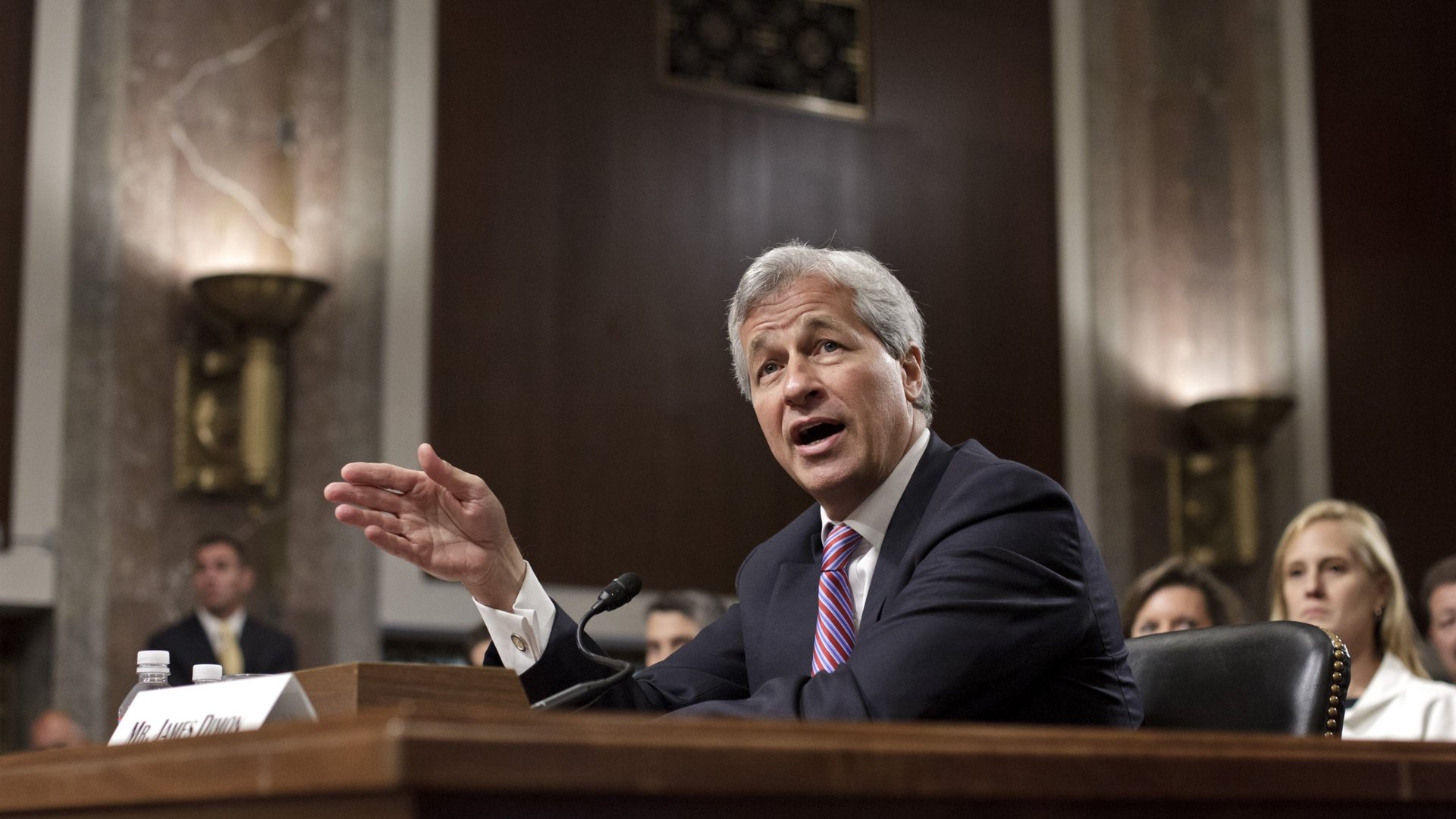Senate report says JP Morgan risk models “were manipulated to downplay risk” in London Whale trades
Things could get interesting after all in Friday’s Senate hearing over the botched derivative trades that spiraled into at least $6.2 billion in “London Whale” losses for JP Morgan. A scathing report released by the US Senate Permanent Subcommittee on Investigations late Thursday has some choice words on the ill-fated derivatives trades. Among other things, it says:


Things could get interesting after all in Friday’s Senate hearing over the botched derivative trades that spiraled into at least $6.2 billion in “London Whale” losses for JP Morgan. A scathing report released by the US Senate Permanent Subcommittee on Investigations late Thursday has some choice words on the ill-fated derivatives trades. Among other things, it says:
Inadequate derivative valuation practices enabled traders to hide substantial losses for months at a time; lax hedging practices obscured whether derivatives were being used to offset risk or take risk; risk limit breaches were routinely disregarded; risk evaluation models were manipulated to downplay risk; inadequate regulatory oversight was too easily dodged or stonewalled; and derivative trading and financial results were misrepresented to investors, regulators, policymakers, and the taxpaying public who, when banks lose big, may be required to finance multi-billion-dollar bailouts.
Of course, JP Morgan has already published its own exhaustive take on the London Whale losses. (The trader involved earned himself the the nickname of the “London Whale” because the sizes of his positions were so large and unwieldy.) Among other explanations, that report contended that while the firm didn’t make sure that the CIO was managing risk properly, the prime responsibility for the losses rested with the traders and the management of JP Morgan’s chief investment office in London, where the painful derivatives trades were conducted. JP Morgan’s report said:
The Firm did not ensure that the controls and oversight of CIO evolved commensurately with the increased complexity and risks of CIO’s activities. As a result, significant risk management weaknesses developed within CIO that allowed the traders to pursue their flawed and risky trading strategies. On this point, the Task Force has concluded that senior Firm management’s view of CIO had not evolved to reflect the increasingly complex and risky strategies CIO was pursuing in the Synthetic Credit Portfolio; instead, they continued to view CIO as the manager of a stable, high-quality, fixed-income portfolio.
At any rate, it should be high drama reminiscent of the heady days after the crisis, when financial titans were regularly hauled before Congress to give their accounts of the financial crackup. Over at Deal Journal they have a good roundup of who will be under oath. Interestingly, the ranks don’t include JP Morgan’s chief executive and all-around alpha-banker, Jamie Dimon.